September 2010 | As the busiest time of the year is about to kick in for many of you, we thought we’d keep things lighthearted this month. Check out the rise in 'mature materialism': experienced, less-easily shocked, outspoken consumers who appreciate brands that are more daring, outspoken, even a bit more risqué.

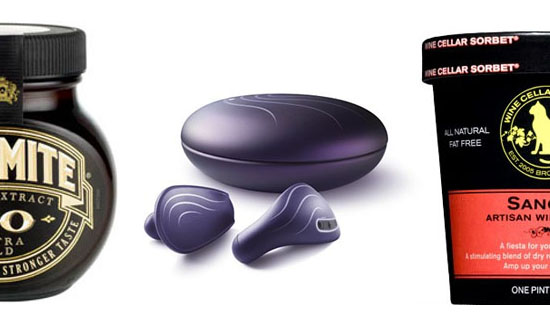
We briefly discussed MATURIALISM in our January 2010 Trend Briefing, but given the importance of this sub-trend in a world where 'moving with the culture' means the difference between success and irrelevance, here's a dedicated Trend Briefing, bringing you more insights and more examples.
First, a definition:
MATURIALISM | Thoroughly exposed to (if not participating in) an uncensored, opinionated and raw world (especially online!), experienced consumers no longer tolerate being treated like yesteryear’s easily shocked, inexperienced, middle-of-the-road audiences. Able to handle much more honest conversations, more daring innovations, more quirky flavors, more risqué experiences, these consumers increasingly appreciate brands that push the boundaries.
Now, MATURIALISM is part of a much bigger trend, which we have dubbed BRAND FABRIC. This trend, which at its core is about brands truly needing to focus on moving with the culture, incorporates many sub-trends and themes. Here are a few of them:
- Brands having to push the boundaries now and then (MATURIALISM).
- Brands having to serve customers (BRAND BUTLERS).
- Sophisticated audiences ' upgrading' their consumption to challenge themselves; despite all the predictions of dumbing down, there has never been a bigger market for demanding, difficult offerings.
- Because individuals and consumers are opening up to each other in the online arena, they expect corporations to be more 'transparent', too (TRANSPARENCY TRIUMPH).
- Consumers' neverending craving for authenticity, for 'human' brands, for brands to have values that reflect their own.
We'll dedicate a (very elaborate) Trend Briefing to BRAND FABRIC in early 2011.
Now, back to MATURIALISM; it's time to look at some trend drivers. We picked three: the slow but certain spread of a more liberal culture, the 'anything goes' culture of the online arena, and (of course) the ongoing shift in what constitutes status.

In mature consumer economies, a 'CASUAL COLLAPSE' seems unstoppable: we’re talking the ongoing demise of many beliefs, rituals, formal requirements and laws that societies have held dear, which continue to collapse without causing the apocalyptic aftermath often predicted.
People have grown up immersed in consumer culture - they 'get' it. But as savvy, streetwise consumers, they are bored, if not downright distrustful of the conventional consumer-producer relationship, and now look for brands and products that are more authentic, more human, and quite simply more mature.
In emerging consumer societies, there’s an obvious link between the broad spread of more liberal attitudes and increasing urbanization (URBANY). As new arrivals find themselves distanced from traditional social and familial structures, and are exposed to a wider range of alternative goods, services, lifestyles and experiences, their tolerance to these alternatives grows, as does their interest.
Now, deep social and cultural changes don’t happen overnight. Compared to much of our trend thinking, CASUAL COLLAPSE moves at a glacial pace. And we're certainly not suggesting that everyone becomes overwhelmingly liberal as soon as they move to the city, but the clear trend is for urban populations to have more diverse living arrangements, and have more socially liberal and tolerant views towards abortion, euthanasia, casual sex, homosexuality, religion, drug use, women’s rights etc.
A few random indicators of social and cultural change:
- The majority of the world's population became urban dwellers back in 2008, and the global urban population is expected to be 5 billion by 2030 (source: UN).
- In the UK, the percentage of people thinking that couples who want to have children should get married has fallen by 20% in 20 years (source: National Center for Social Research).
- 38 countries now recognize same-sex marriages or civil partnerships, including South Africa and Argentina (source: Wikipedia).
- In August 2010, a Voice of India poll showed that almost a third of Indians in Bangalore and Mumbai support same-sex partnerships, a figure that would have been unheard of only a few years ago.
- Shanghai hosted mainland China's first Gay Pride event in June 2009.
- 1 in 7 marriages in the US was interracial or interethnic in 2008 (source: Pew).
- 13 US states now allow marijuana to be grown and consumed for medicinal purposes (source: Wikipedia).
- 26% of US millennials aged 18-29 were not affiliated with any particular religion in February 2010, up from 13% of (now) US baby boomers in the late 1970s (source: Pew).
Basically, with consumer behavior reflecting the changes to society's cultural foundations, expect global consumption patterns to embrace MATURIALISM for a while to come.
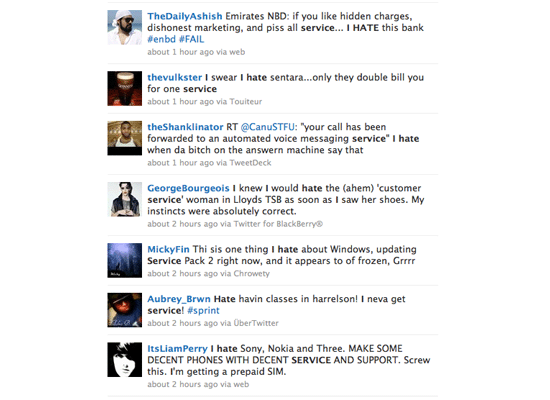
Online culture isn't confined to the web anymore. It's everywhere. And it's pretty candid.
Two billion (!) individuals are now online, adding to and commenting on every possible topic, from politics to business and yes, brands. And they aren't holding back, to say the least. The resulting 'online culture' is bold and often uninhibited, and that casual candor shapes people's expectations. When companies find themselves the subject of discussion, their scripted, staged and cramped responses show just how out of touch many of them are.
In fact, the gap between the sanitized, litigious, politically correct corporate world and mature consumers wanting to experience something more daring and unscripted has never been bigger. Which in our book spells opportunity.
Case in point: the increasing popularity of anything that's 'live' (which we discussed before in our NOWISM briefing); the MATURIALISM angle is that live experiences can't be edited or controlled or censored, and thus offer the rare possibility of surprise, excitement and 'realness' that mature consumers enjoy.
Oh, and remember: just as consumers can now speak unfiltered, so can grown-up brands. Anything goes online, gone are the days when messages had to be suitable for mass broadcast on TV. Meaning you can speak a specific audience's language, rather than having to tone it down (for caveats, check out the 'Thin Ice' section below).

Don't be bland
As we discussed in our recent STATUSPHERE briefing, sources of status in mature consumer societies are moving beyond the BIGGER, FASTER, HARDER sphere. The vast mass of increasingly sophisticated, increasingly wealthy, increasingly urban consumers are ever more try-out-prone, more demanding and more daring as they search for the next big thing or the next big STATUS STORY to dazzle or discuss with people. Constantly exposed to, and increasingly tolerant of and enamored by modernity in all its gritty glory, today's hyper-consumers positively embrace innovation, creativity and unconventionality when it comes to consuming products, services and experiences.
And yes, we know we keep on banging on about status, but until consumption becomes about something other than status, we have no choice, and neither do you.

Photo by Alex Verweij
A (hopefully unnecessary) word of warning: while being daring, risqué or explicit might get you valuable attention from certain consumers, shocking for the sake of shocking won't work. And it can backfire. In today's hyper-linked, hyper-social online environment, messages can't be confined within their target markets. And what's hilarious to some can, be deeply offensive to others.
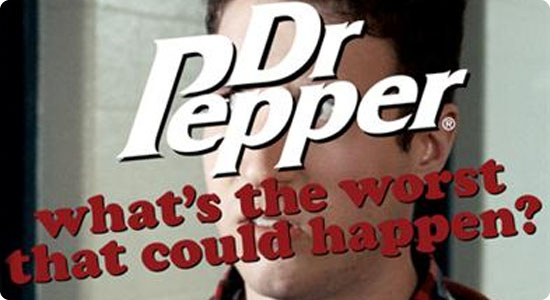
A recent example of this was the Dr Pepper 'Facebook Status Takeover'. Coke (which own Dr Pepper) hastily pulled the campaign after a woman complained that her daughter's status had been changed to include a reference to the infamous 2 Girls 1 Cup video.
Obviously, pitfalls aren't an excuse to be bland. Just make sure you aren't bullied into doing something that that you don’t believe in just because it seems 'funny' to advertising creatives.And never lose respect for your audience.
As always, a quick round-up of serious and frivolous examples that are 'on trend’. The below incorporates everything from alcohol-infused ice cream to gay pride campaigns, but the common thread is easily detected: brands loosening up a bit, and in the process delighting mature consumers looking for everything described above.

- The Icecreamists is a UK ice cream brand that has positioned itself using premium, X-rated flavors. The Sex Pistol is the most recent flavor, featuring ice cream mixed with ginkgo biloba, arginine and guarana and La Fee Absinthe. The Sex Pistol was deemed so potent that sales were limited to one per customer during its appearance in Selfridges from September to November 2009, retailing at GBP 11.99 per serving.
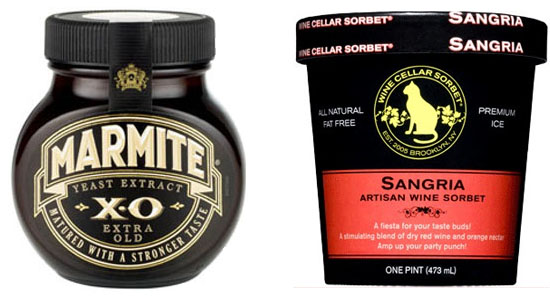
- In March 2010, Marmite, the yeast extract spread brand, launched Marmite XO, an extra-old, specialty variety aimed at the brand's biggest fans. During the campaign, the brand's superfans helped identify the new product.
- Wine Cellar Sorbets sells a range of unique sorbets with varietal wines as the main ingredient. The range features traditional vineyard flavors including Sangria Rojo, Cabernet Sauvignon, Pinot Noir, Rosé, Riesling and Champagne.
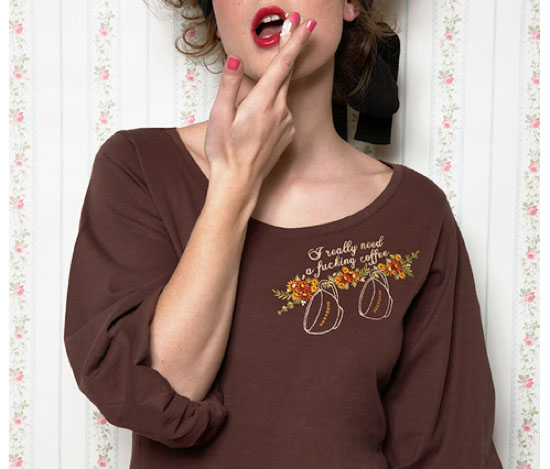
- Parisian designer, Nicole Locher has launched a collection of women's tops with embroidered messages including 'I Aint Your Fucking Sweetheart', 'Little Slut', 'Don't You Fucking Look At Me'.
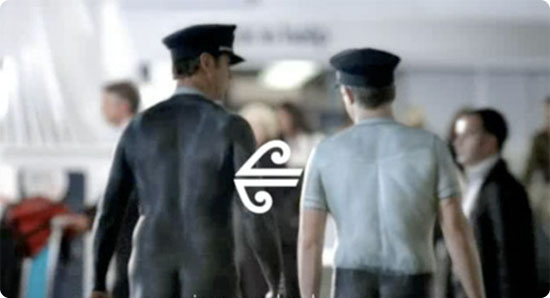
- Last year, Air New Zealand launched an ad campaign designed to highlight the airline's transparent prices, which include checked baggage and refreshments. The ad features a range of airline employees going about their business dressed in nothing but body paint.
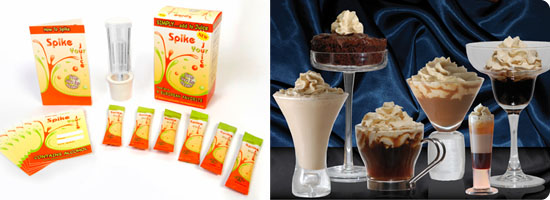
- Spike Your Juice is a powder, launched in early 2010, that can be mixed with fruit juice to create a sparkling alcoholic drink.
- In March 2010, food company Whipped Lightning launched gourmet, alcohol-infused whipped cream for the adult market. Whipahol is designed to be used as a topping on cocktails, deserts, coffee or body-parts.

- From December 2009 Berkelouw Books, a 200-year old Sydney, Australia bookstore, has begun serving wine in its reading room. A renowned stockist of rare, antique and out-of-print books, the book store has embraced the experience of perusing a rustic, private library by offering a glass of wine to its customers, the same way they would at home.
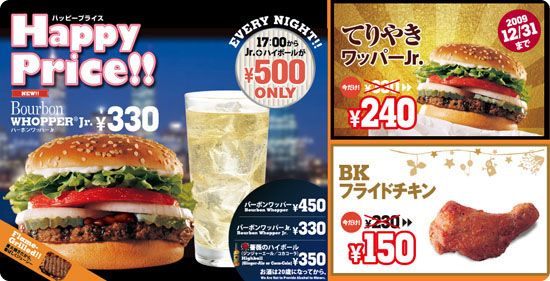
- Burger King launched the Whopper Bar concept in Orlando, Florida in March 2010. The Whopper Bar is open 24 hours a day, offers 22 different toppings and sauces, and serves beer. The bars also serve as innovation labs for new flavors, including the Bourbon Whopper, served in Japan with a Four Roses highball.
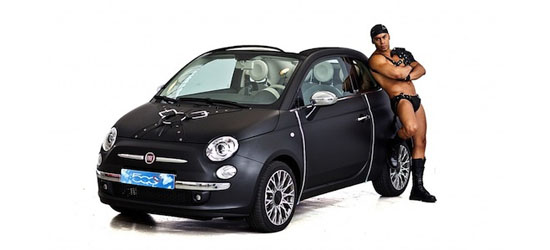
- To celebrate the Madrid Pride parade in July 2010, Fiat customized a number of their 500 models in various outfits, such as the 'Drag' which featured pink feathers and sequined lycra fabric and the 'Leather', which was adorned with straps, studs and lots of leather.
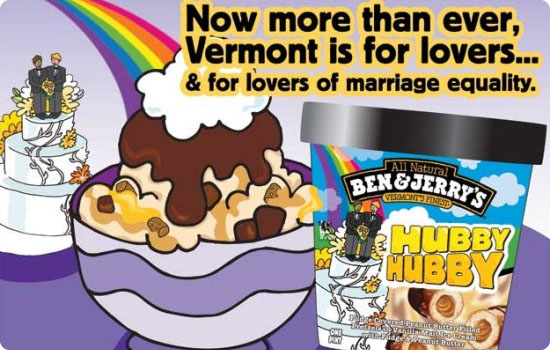
- Last year, US ice cream brand Ben and Jerry's partnered with same-sex marriage campaigners Freedom to Marry to rename their Chubby Hubby flavor Hubby Hubby. This was to celebrate the legalization of same-sex marriage in Vermont.
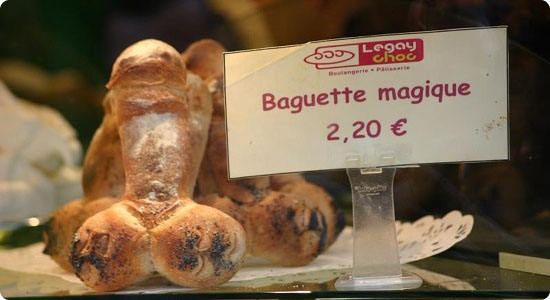
- Legay Choc calls itself France's first gay boulangerie. The company is best known for its baguettes, brioches, meringues and chocolates in phallic forms.

- Scandinavian airline SAS and VisitSweden are offering two couples the chance to take part in the world's first mid-air same-sex weddings in December 2010 in their 'Love is in the Air' competition. The airline is converting the entire business class cabin into a wedding chapel, and is also throwing in honeymoon packages to ensure both winning couples get off to the perfect start.
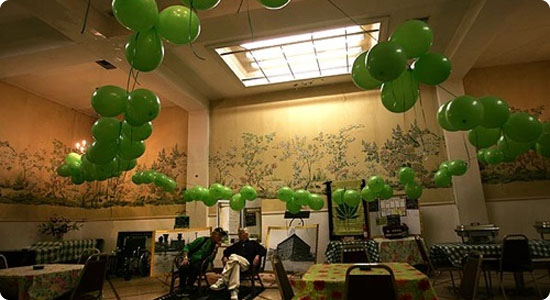
- In April 2010, Dennis Peron, a sixty-five year old marijuana activist behind California's medical marijuana movement, launched the first 'pot-friendly' hotel in a former budget Koreatown hotel.
- Leaf.ly is a social networking site for marijuana smokers (medical and recreational), providing everyday users with information about choosing specific strains of the plant.

- Naked Girls Reading was launched in Chicago in mid-2009. The concept sees a group of ladies tour throughout the US, reading aloud whilst completely naked.
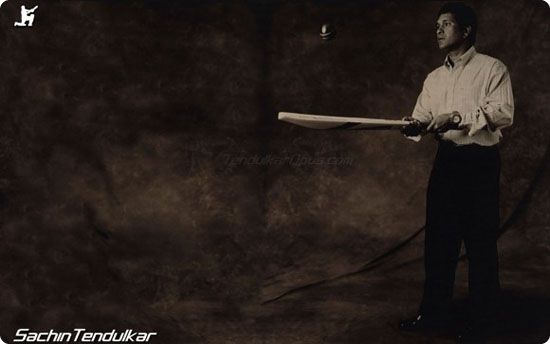
- Kraken Opus is a luxury publishing company that has created the 800-page Tendulkar Opus, dedicated to Indian cricket star Sachin Tendulkar. As part of the publishing process, a pint of his blood was mixed with the paper pulp. The Tendulkar Opus has been three years in the making and will be available in February 2011 for around USD 75,000.

- California-based Executive Tours began offering a series of Crack of Noon Tours in 2009, designed for those who don't consider themselves 'morning people'. Rather, in its guided excursions to Italy and France, the company takes pains to ensure that it never schedules any activities before noon.
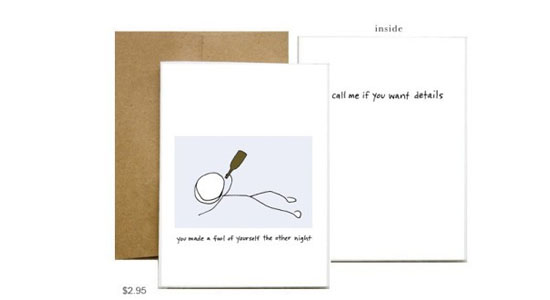
- Designer Julianna Holowka's collection of Mean Cards, the evil twins of standard greeting cards, with messages such as 'You made a fool of yourself the other night... Call me if you want the details', and 'I know you don't recycle... Consider this a warning'.

- And for the consumer that has really seen it all before... Ultime Réalité offers extreme thrills for the wealthy. Launched in early 2010, 'Kidnapping', 'Manhunt' and 'Go-Fast Adventure' are among the standard services France-based Ultime Réalité offers, but it's open to special requests. Additional elements such as ransom, escapes and helicopter chases can also be involved. Manhunt packages, meanwhile, can last either one or two days, with the option of playing the role of either hunter or prey. Pricing on a basic kidnap package is EUR 900.
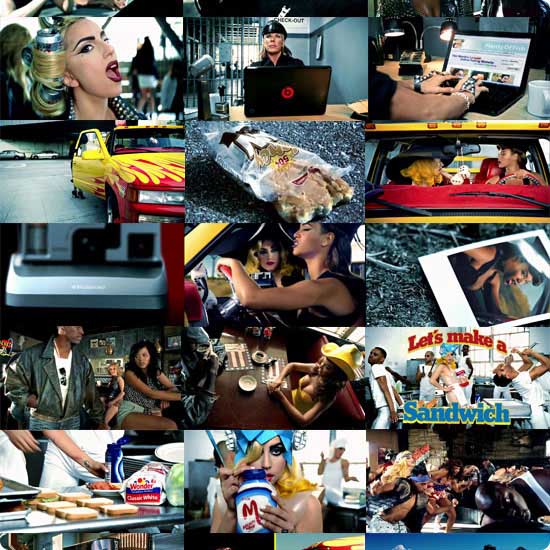
- Lady Gaga's recent Telephone video, while explicit, also hit the right note with its ridiculously over-the-top ironic product placement. The result: 32 million views and counting!
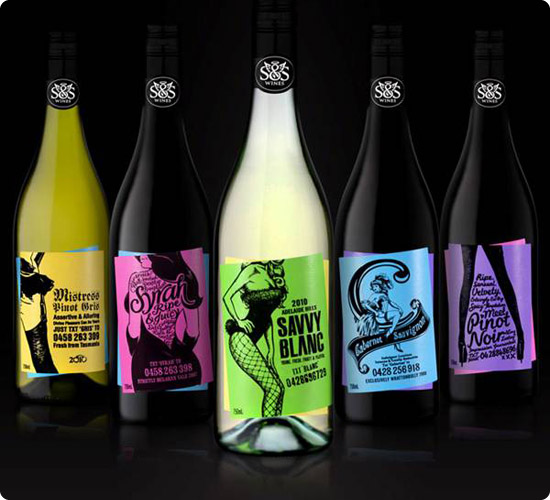
- Australian wine producer Saint & Sinner takes a ‘mature’ approach to describing their wines, with labels harking back to phone booth calling cards — so, Mistress Pinot Gris is described as alluring and assertive, a cheeky twist on the wine's qualities. Also included is a phone number that drinkers can text to receive further information about the wine.
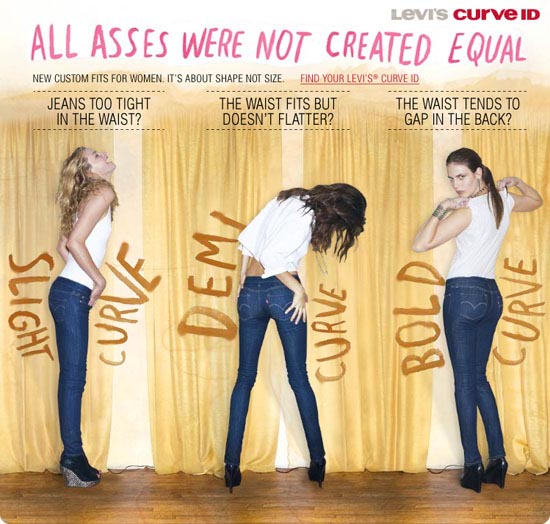
- In August 2010 Levi's launched Curve ID, a line of jeans with three different cuts designed to address differing body shapes of women, rather than just their waist size.
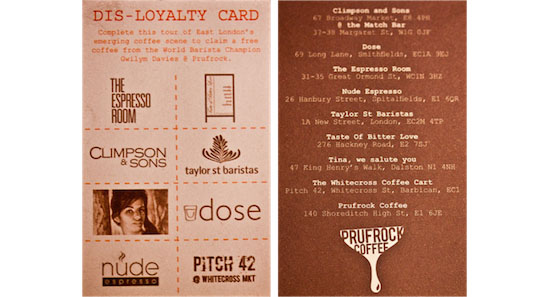
- In December 2009, London-based Gwilym Davies (the World Barista Champion) produced a different take on the promotional coffee shop loyalty card. The Dis-Loyalty Card features a selection of quality coffee places around East London that consumers are encouraged to visit to expand their coffee experiences. Once a consumer has visited all 8 spots, they can redeem a free coffee back at Davies' own coffee shop.
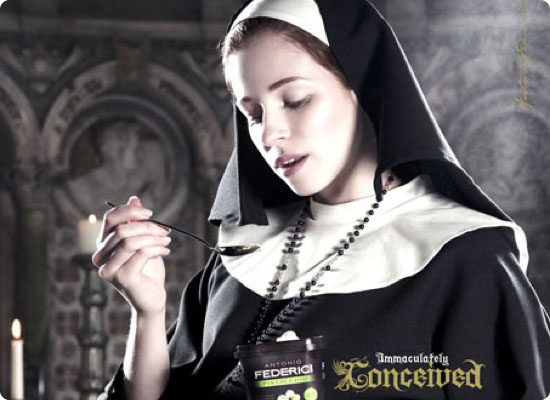
- In June 2010, an Antonio Federici ice cream ad in the UK featured a heavily pregnant nun eating ice cream with the tagline 'Immaculately Conceived'.

- St Matthew-in-the-City is an Anglican church in Auckland which prides itself on thinking outside the box. In December 2009, they depicted Joseph and Mary in bed together, with the slogan: 'Poor Joseph. God was a hard act to follow', a move which attracted heavy criticism from Christians around the world.
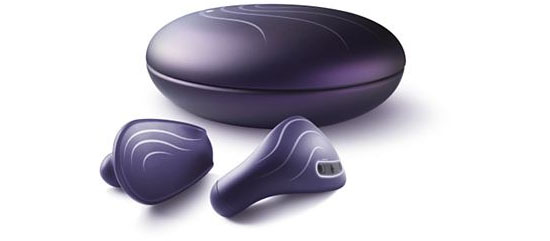
- Philips' latest addition to its ‘relationship care’ line of adult toys: the Dual Sensual Massager, which includes devices for both partners in a relationship.
- US based InHerTube makes custom harnesses from 100% recycled rubber for vegans or vegetarians who don't want to use traditional leather sex toys.
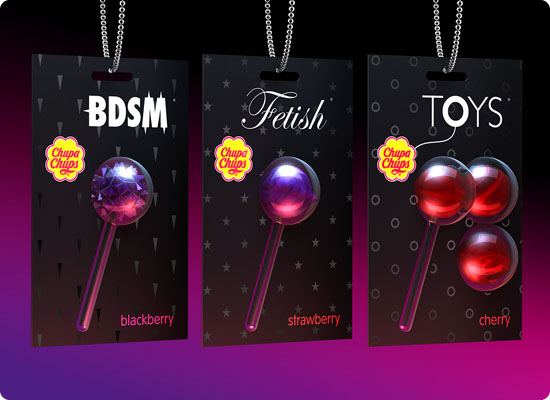
- Designed by Moscow-based creative agency Firma, a concept created for Chupa Chups targets an 18+ audience. 'BDSM', 'Fetish' and 'Toys' are lollipops with a decidedly adult feel but with a classic candy taste. The lollipops' design recalls whips, collars and other adult toys.
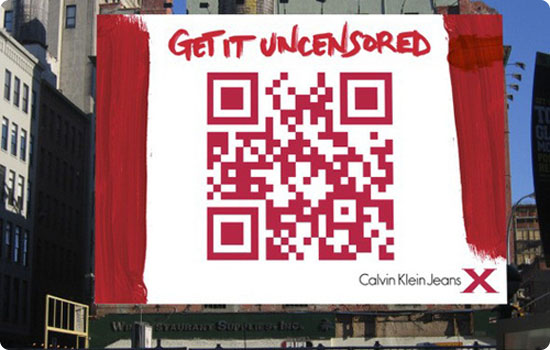
- In July 2010, Calvin Klein posted a large QR code across two billboard locations in New York City to mark the launch of the Calvin Klein Jeans Fall 2010 collection. The billboards featured the QR code alongside the call to action: 'Get it Uncensored'. Passersby who used their mobile smart phones to capture the QR code were then shown a 40-second ad featuring model Lara Stone.
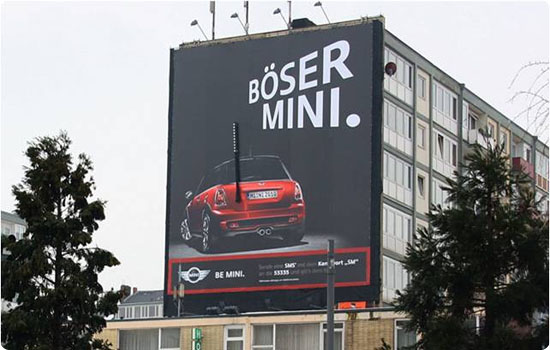
- Also in July 2010, Mini Cooper launched an interactive billboard campaign in Hamburg, Germany, featuring the slogan, 'A good Mini takes you to heaven. A bad Mini takes you everywhere'. In the red light district of Reeperbahn, the billboard featured the back of a Mini with an automated S&M whip hanging over the back. The billboard gave out a five-digit number and code word. Upon texting the word to the number, the whip would strike the Mini, which would sound its horn in response.
Hey, and these are just the ones that will make it past your spam filter ;)

Image courtesy of ObeyKen
For grown-up brands that are in tune with consumer values, MATURIALISM creates juicy opportunities in the years ahead. Mature consumers expect communications and innovations to be candid, to have personality and passion, and to sometimes push the boundaries, i.e. they expect brands to become mature, too.
Niche offerings of course have been successfully connecting with, and catering to audiences on their level for years. We've dubbed this TRIBEFACTURING in the past: adding attributes and features to existing products that make them more practical (or cooler or even naughtier) for specific user groups, while signaling to those users that the brand 'gets it’.
So now is the time for mainstream brands to move with the culture, to loosen up a bit, and yes, have some fun in the process.
As promised, BRAND FABRIC, a much bigger trend, incorporating MATURIALISM, will soon land in your inbox; that is, if you’re subscribed to our free Trend Briefings. Enjoy!

